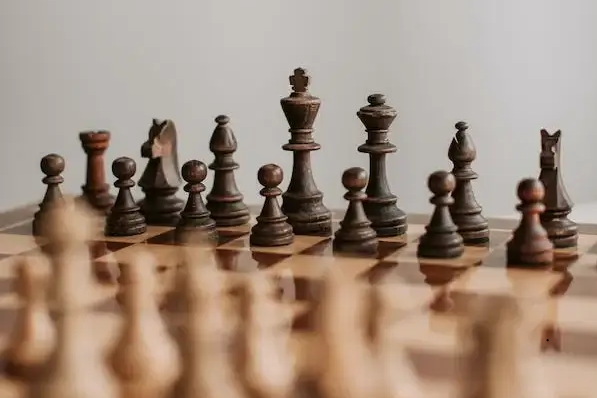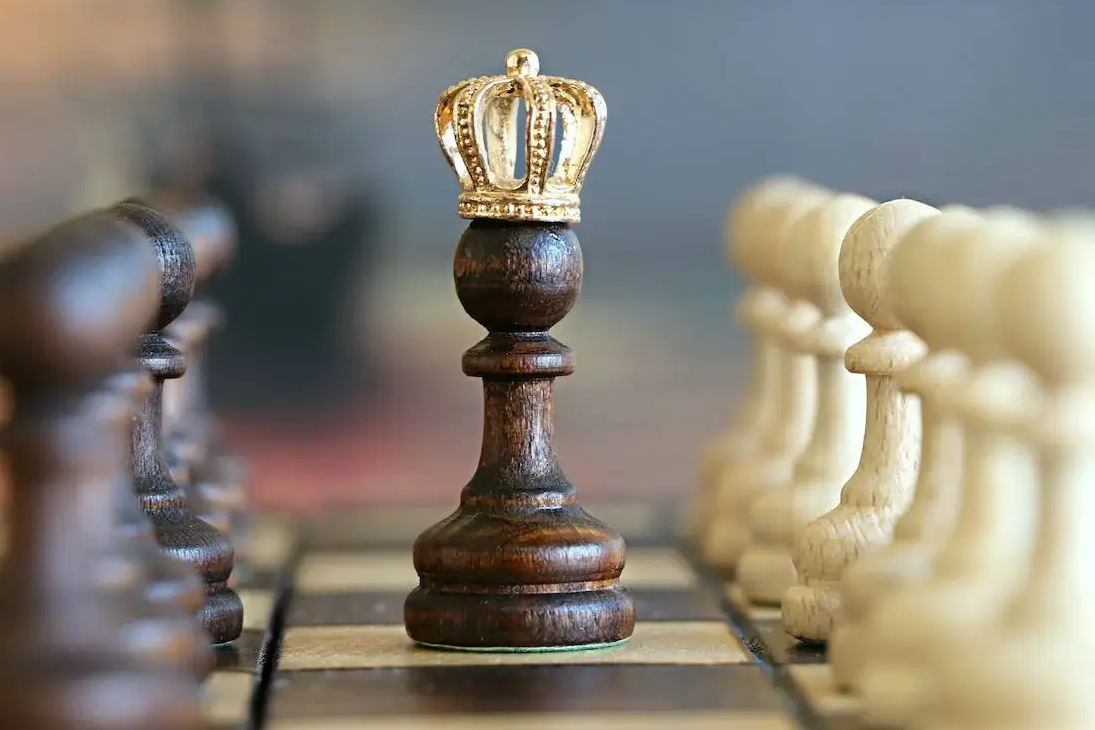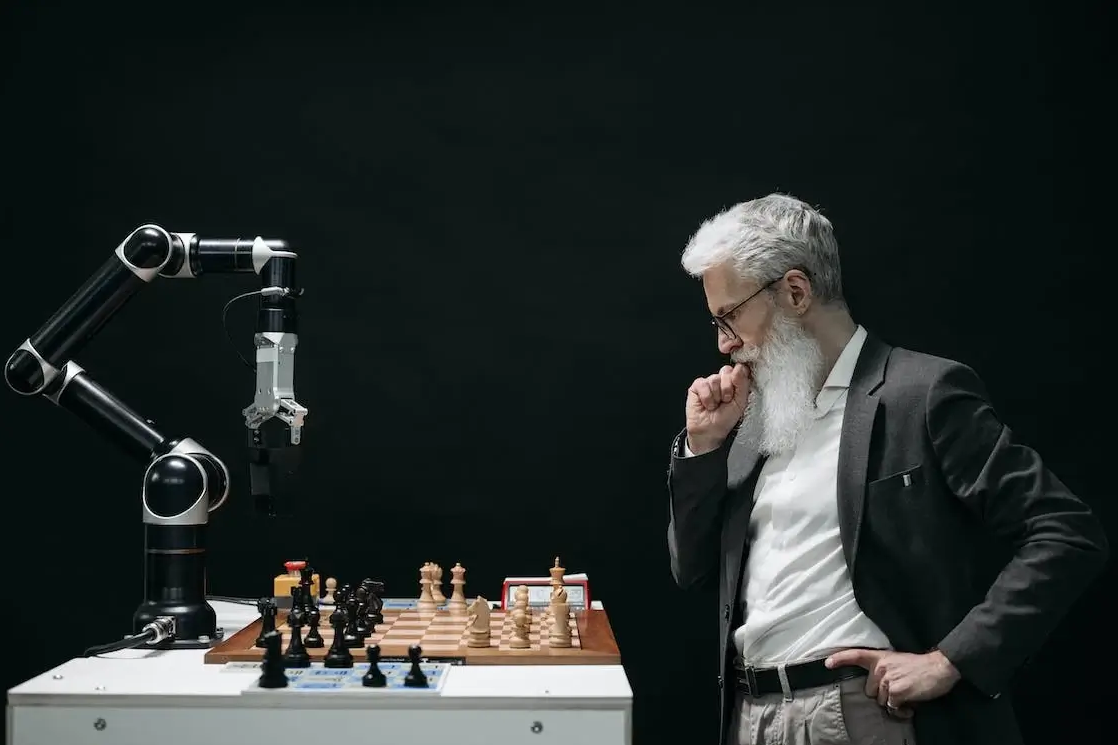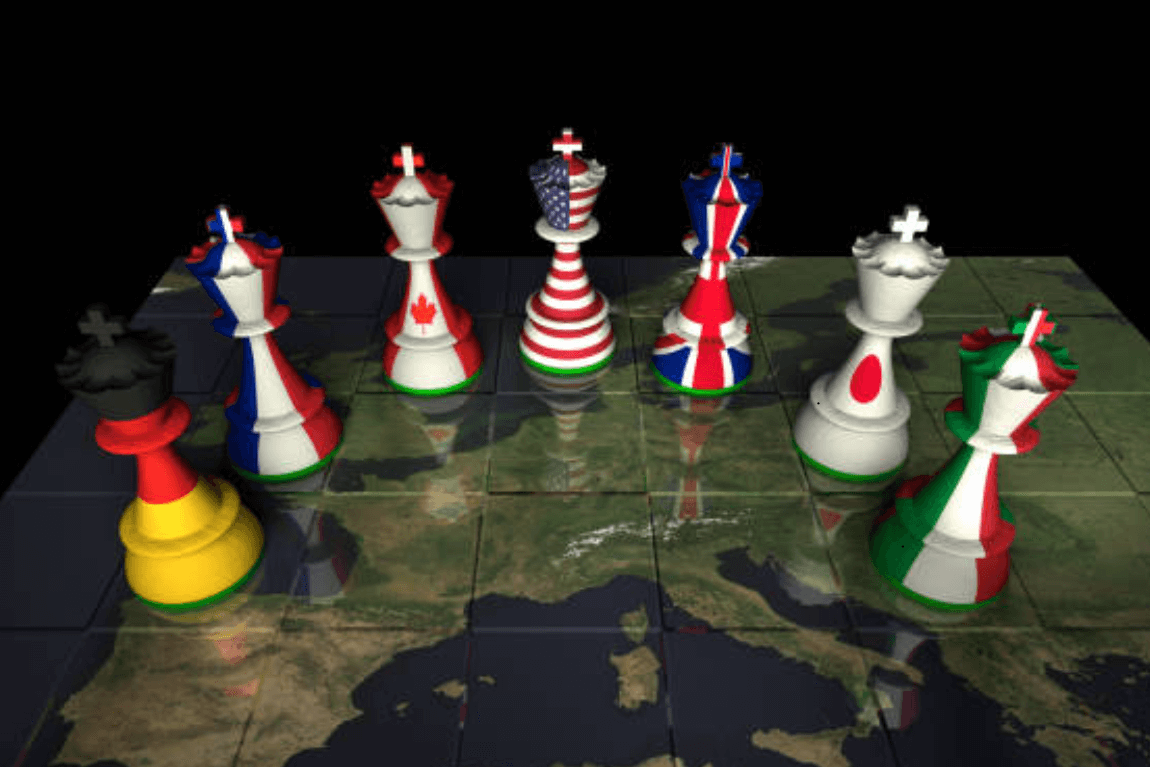No products in the cart.
Chess News, Events & Blogs
Discovering Fascinating Tales about the Game of Chess
Embark on a journey of discovery as you explore the world of chess and its intriguing history. From the origins of the game to the present day, immerse yourself in the rich cultural and strategic significance of chess. Learn about the game’s evolution and the role it has played in shaping history, culture, and society. Join us on this exciting adventure as we explore the world of chess and reveal the fascinating tales that have made it one of the most beloved games of all time.
Table of Contents
The Origins of Chess: Unearthing the Ancient Roots of the Game
The game of chess is one of the most enduring and popular board games in the world, enjoyed by millions of people of all ages and backgrounds. Despite its widespread popularity, the origins of chess are shrouded in mystery and debate, with different theories and legends abounding. One theory suggests that chess originated in ancient India, where it was known as chaturanga, which means “four divisions” in Sanskrit. Chaturanga was played on a board with 64 squares, with each player controlling an army of pieces representing different branches of the Indian military: elephants, chariots, cavalry, and infantry. Another theory proposes that chess originated in ancient Persia, where it was known as shatranj. Shatranj was similar to chaturanga, but with some notable differences, such as the introduction of the queen, which was initially a weak piece that could only move one square diagonally. Some historians believe that chess was brought to Europe by the Moors during their conquest of Spain, while others believe it was introduced by the Vikings.
Over time, chess spread across the Middle East and into Europe, where it underwent many changes and adaptations. The modern version of chess, with its familiar pieces and rules, evolved during the Renaissance in Europe. The game became popular among the nobility and was played in royal courts and other elite circles. Today, chess remains a beloved and challenging game that requires strategy, critical thinking, and a deep understanding of the game’s history and evolution. By learning about the ancient roots of chess and the cultural and historical contexts in which it emerged, we can gain a greater appreciation for the game and its enduring appeal.
Fascinating Tales about Chess
François-André Philidor – More Than a Chess Player
François-André Philidor’s quote about pawns being the soul of chess is a fascinating insight into the game. Pawns are often seen as the least important chess piece, but Philidor’s quote highlights their true value. Pawns are the only pieces that cannot move backward, which means that they play a critical role in controlling the board’s center. Aside from his quote, Philidor also had an interesting life story. He was born in France in 1726 and was a child prodigy who began playing chess at a young age. He quickly gained a reputation as one of the best chess players in Europe and was eventually invited to London to play against the best players in England. Philidor won the majority of his matches, and his reputation continued to grow. Philidor’s fame as a chess player eventually led him to compose several famous chess operas. These were musical compositions that were inspired by the game of chess, and they were performed in front of audiences all over Europe. Philidor’s operas were so popular that they helped to spread the game of chess to new audiences, and many people credit him for helping to popularize the game.
Adriaan de Groot’s Research on Chess
Chess has been a subject of fascination not just for players, but for researchers as well. In the 1950s and 60s, a Dutch psychologist named Adriaan de Groot conducted a series of experiments using chess as a means to study how people think. De Groot’s experiments involved giving expert and novice chess players the same chess positions to analyze and asking them to verbalize their thoughts as they worked through the problem. He found that expert players were able to quickly identify the most promising lines of play and discard unpromising ones. They also had a better memory for the position of pieces on the board, which allowed them to better visualize the possible outcomes of different moves.
De Groot’s research has since been used to better understand how humans make decisions in other areas of life. The chessboard has become a metaphor for understanding complex decision-making processes in fields as diverse as business, medicine, and military strategy. The ability to analyze a situation, consider different possibilities, and make decisions based on available information is a valuable skill in any field. One of the most interesting aspects of de Groot’s research is that it showed that expert chess players were not necessarily more intelligent than novice players. Instead, their expertise came from years of practice and experience. This is a valuable lesson for anyone looking to develop their own skills in any area.
Chess in Politics and Diplomacy
The impact of chess on politics and international relations cannot be understated. The aforementioned “Match of the Century” was a prime example of how the game of chess became intertwined with global politics. The matches between American Bobby Fischer and Soviet Boris Spassky in the early 1970s were viewed as a proxy battle between the two countries during the height of the Cold War. The political implications of these matches were so significant that they were closely monitored by both governments and the media, and Fischer himself became a national hero for his victory over Spassky in 1972.
In addition to these high-profile matches, chess has also been used as a tool for diplomacy and conflict resolution. In 1972, during the Fischer-Spassky match, Henry Kissinger, the US Secretary of State, called Fischer and encouraged him to continue playing, seeing it as a way to improve relations between the US and the Soviet Union. In 1975, a match was held between Anatoly Karpov and Viktor Korchnoi, two top Soviet chess players, at a time when tensions between the Soviet Union and Israel were high. The match was organized by a group of Israeli businessmen as a way to foster diplomatic ties between the two countries.
Even today, chess continues to be used as a tool for diplomacy and conflict resolution. In 2013, the Chess Club and Scholastic Center of Saint Louis organized the “Kasparov-Ponomariov Peace Match,” which saw former World Chess Champion Garry Kasparov compete against Ukrainian Grandmaster Ruslan Ponomariov. The match was held during a time of political turmoil in Ukraine and was intended to promote peace and understanding between the two countries.
The Language of Chess
The language of chess is a fascinating aspect of the game that many people are unaware of. Chess has a rich vocabulary consisting of unique terms and expressions that are used by players and enthusiasts worldwide. Some of these terms can be quite complex and are often not easily understood by those who are unfamiliar with the game. For example, “zugzwang” is a term that describes a situation in which a player is forced to make a disadvantageous move. This term is particularly important in endgames, where each move can make a significant impact on the outcome of the game. “En passant” is another example of a unique chess term. It is a special pawn capture move that can only be used in certain situations. Understanding these terms is an essential part of becoming a skilled chess player, and it also adds to the enjoyment and appreciation of the game for enthusiasts.




